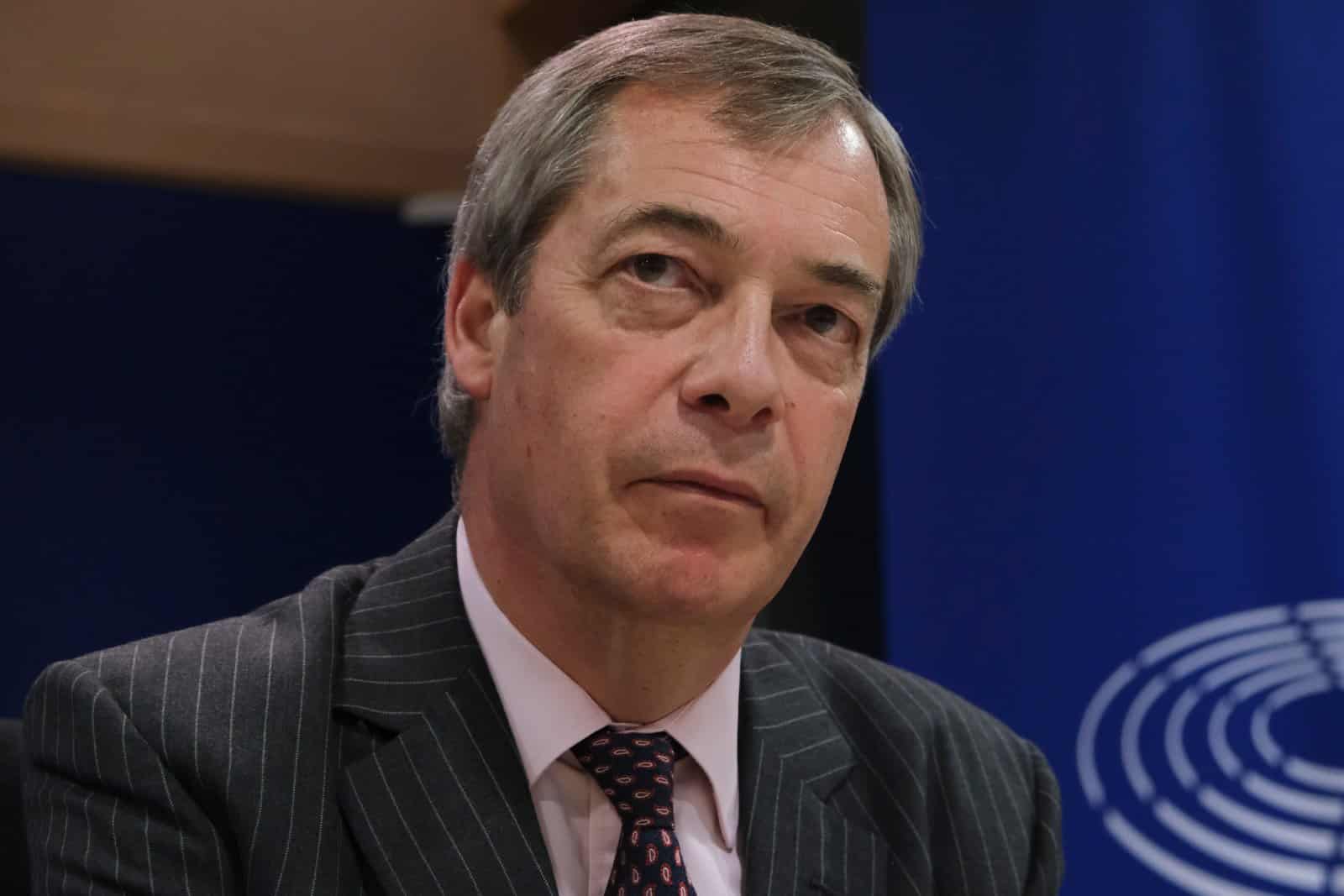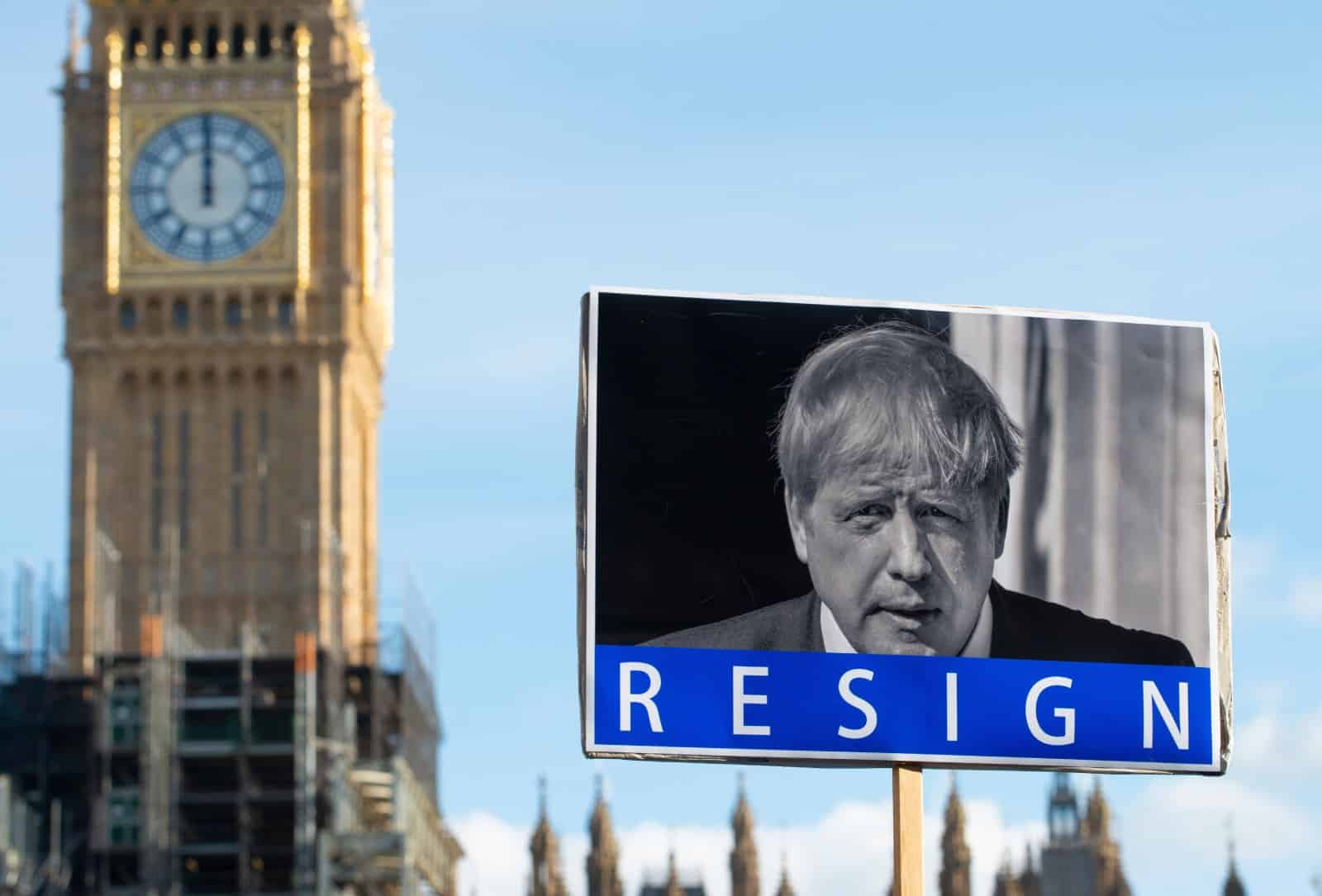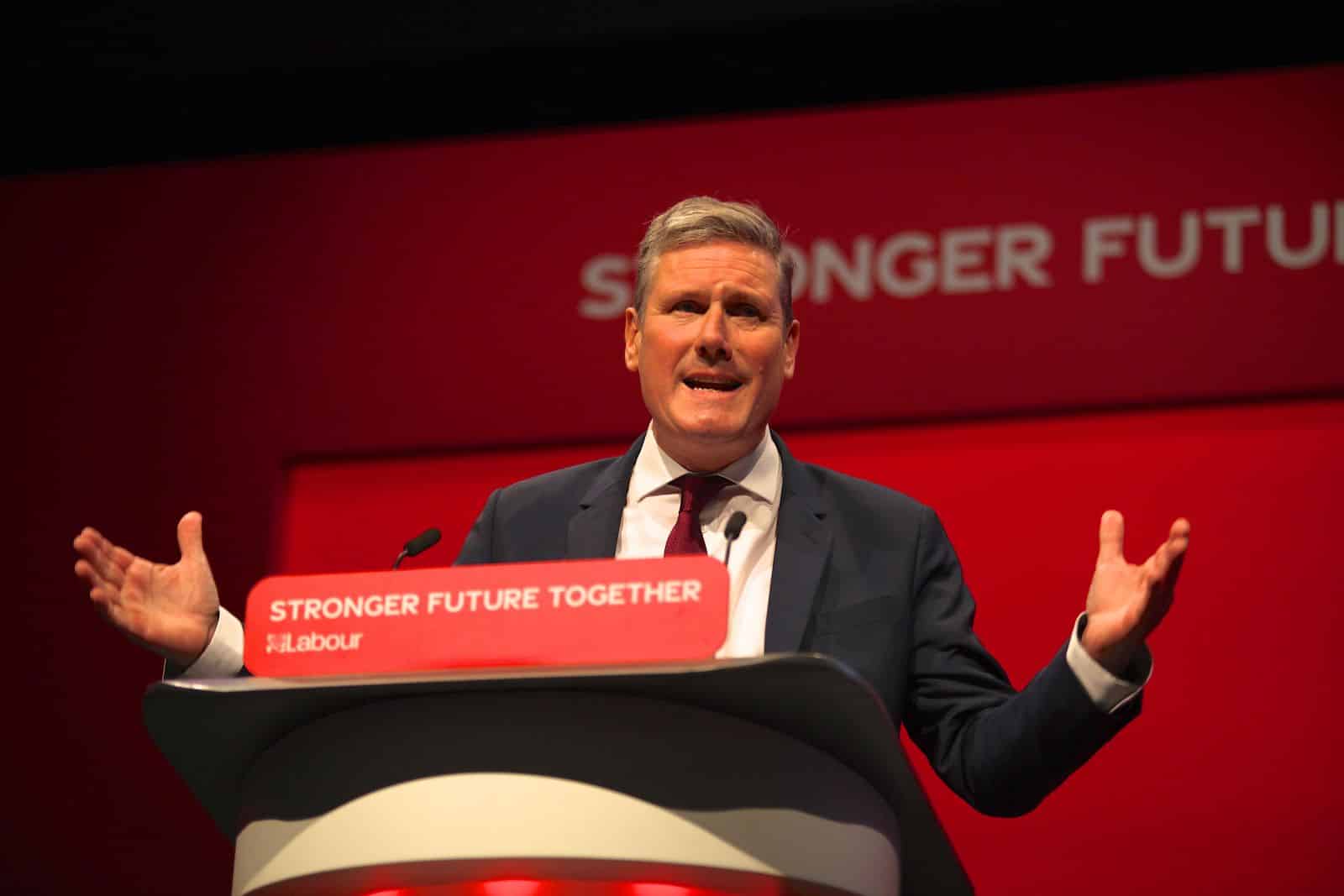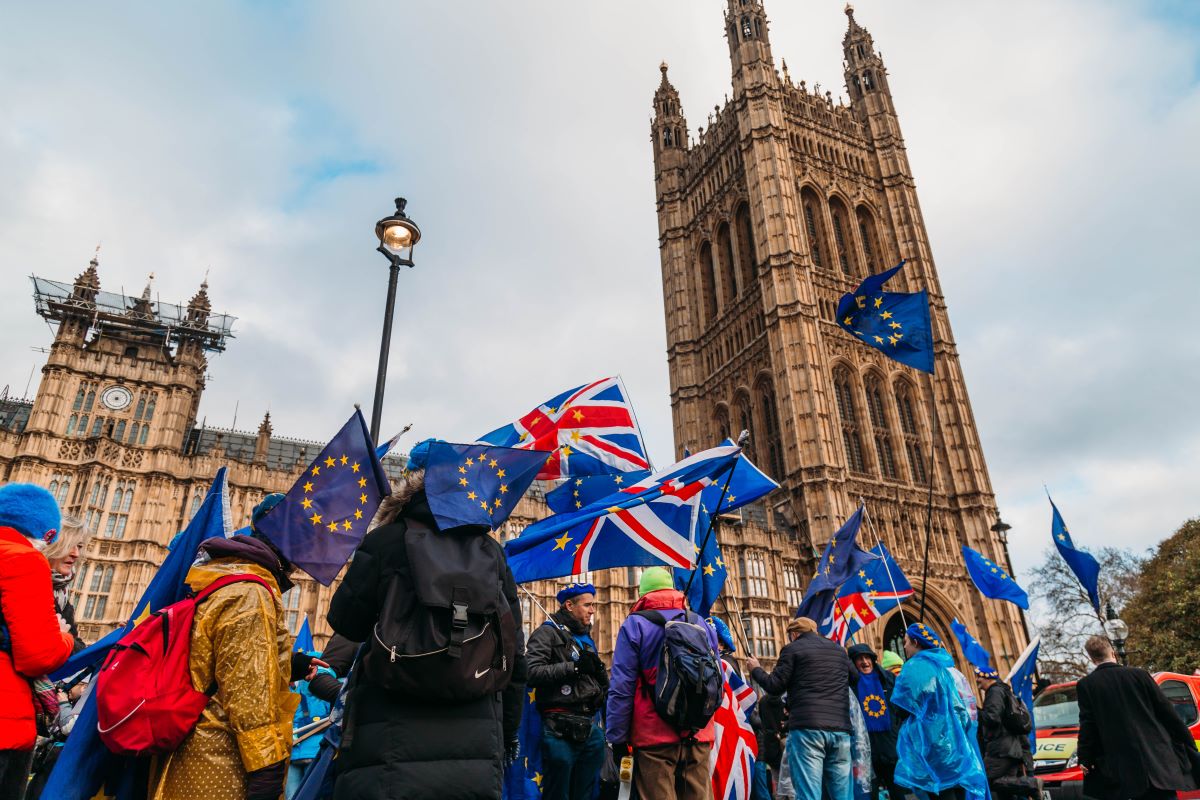Populist politics in the UK isn’t just a fleeting trend — it’s a mainstay, deeply ingrained in the political fabric from Brexit to social media strategies. But how deeply has the influence of populist tactics reshaped British politics?
1. Brexit Reevaluations

Even post-Brexit, leaders like Rishi Sunak grapple with ongoing negotiations and trade deals, continuing to leverage populist sentiments of sovereignty and independence.
2. Anti-Elite Rhetoric Intensifies

Figures like Nigel Farage exploit anti-elite sentiments, positioning themselves as defenders of the “forgotten” Britons against a perceived aloof Westminster establishment.
3. Rebranding of UKIP

With UKIP’s influence waning post-Brexit, newer parties occasionally emerge, employing revised nationalist rhetoric in an effort to capture similar populist support.
4. Boris Johnson’s Resilience

Despite numerous controversies, Boris Johnson’s ability to maintain support reflects his knack for populist appeal, challenging establishment norms and surviving political scandals.
5. Keir Starmer’s Balancing Act

Labour leader Keir Starmer attempts to address populist demands with pragmatic solutions, especially on economic issues like cost of living and public sector wages.
6. Catchy Slogans Persist

Current political messaging uses straightforward, impactful slogans, borrowing from American political tactics to cut through complex policy debates.
7. Selective Expertise

Populist leaders selectively endorse expert opinions that align with their agendas, particularly in environmental and energy policy debates.
8. Increased Emotional Engagement

Emotional appeals focusing on issues like immigration and national identity are frequently used to galvanize support, mirroring strategies seen in American politics.
9. Social Media Proliferation

The influence of social media influencers echoes American trends, where personal brands can overshadow traditional political discourse.
10. Deepening Divisions

Populist leaders use polarizing issues to solidify their bases, employing “us vs. them” strategies similar to those seen in U.S. politics.
11. Promises of Regional Development

Promises to address regional disparities continue with mixed results, as seen in critiques of the “levelling up” agenda’s effectiveness.
12. Immigration as a Perennial Issue

Immigration remains a central issue, with current policies reflecting a strict stance on border control and asylum-seeker treatment.
13. Voter Disillusionment

The gap between populist rhetoric and governance realities leads to voter cynicism, effectively leveraged by populist figures.
14. Persistent Scapegoating

Economic and social issues are often blamed on external factors like immigration and EU policies, despite Brexit’s conclusion.
15. Challenges to “Levelling Up”

The “levelling up” initiative is scrutinized for its lack of clear success, highlighting the challenge of translating populist rhetoric into tangible outcomes.
16. Fear of Globalization

Economic uncertainties and job security concerns fuel skepticism towards globalization, paralleling sentiments in American industrial regions.
17. Nationalism vs. Globalism

The debate between national sovereignty and global cooperation intensifies, influenced by global events and international relations.
18. Crisis as Opportunity

Economic challenges and global crises are exploited by populists to criticize traditional leadership and propose simplistic solutions.
19. Declining Trust in Institutions

Distrust in traditional institutions is amplified by populists who argue these bodies fail to represent common interests, and a sentiment echoed in U.S. trends.
20. Widening Promises vs. Reality Gap

The disparity between populist promises and delivered results continues to expand, fostering a deep sense of disillusionment among voters.
Promises Made, Promises Broken

As populist politics continue to dominate the UK landscape, the gap between fiery campaign rhetoric and the sobering realities of governance has never been clearer. Will future elections bridge this divide, or will populist promises continue to fall short?
Featured Image Credit: Shutterstock / Olga Alper.
For transparency, this content was partly developed with AI assistance and carefully curated by an experienced editor to be informative and ensure accuracy.

